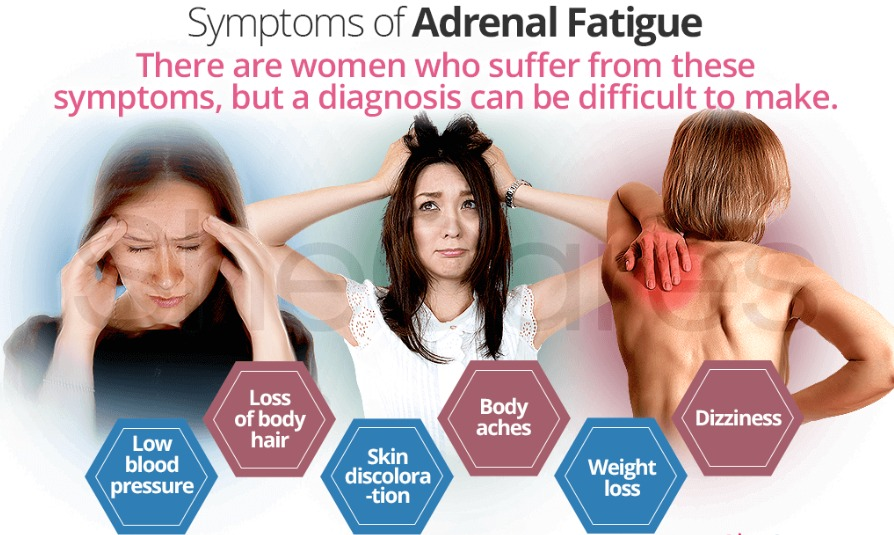Burnout is a state of physical, emotional, and mental exhaustion caused by prolonged stress or overwork, often associated with job-related pressures. Here are common signs of burnout:
1. Physical Symptoms
Chronic fatigue: Feeling tired most of the time, even after rest.
Sleep disturbances: Difficulty falling or staying asleep, or feeling unrested after sleep.
Frequent headaches or muscle pain: Physical tension can manifest as headaches, neck, back, or muscle pain.
Lowered immunity: Increased susceptibility to colds, flu, and other illnesses.
2. Emotional Symptoms
Feeling drained or overwhelmed: Constantly feeling emotionally exhausted and unable to cope.
Irritability or mood swings: Being easily frustrated or angry over small things.
Detachment or cynicism: Developing a pessimistic or cynical outlook on work or life in general.
Loss of motivation: Feeling unmotivated or indifferent towards activities that were once enjoyable.
3. Mental Symptoms
Decreased concentration: Difficulty focusing, making decisions, or staying organized.
Memory problems: Forgetfulness or struggling to recall important information.
Negative thinking: Persistent feelings of failure, self-doubt, or lack of accomplishment.
4. Behavioral Changes
Isolation: Withdrawing from social interactions, colleagues, or even friends and family.
Procrastination: Struggling to start or complete tasks, often delaying work more than usual.
Neglecting personal care: Poor self-care habits such as skipping meals, neglecting hygiene, or using substances to cope (e.g., alcohol or caffeine overuse).
5. Work-related Signs
Reduced performance: A noticeable drop in productivity or effectiveness at work.
Avoiding responsibilities: Trying to escape or delay tasks, dreading going to work.
Feeling disconnected: A sense of detachment from colleagues, clients, or the work itself.
Burnout can affect all areas of life, so it’s important to address these symptoms early by seeking support, setting boundaries, and practicing self-care.



